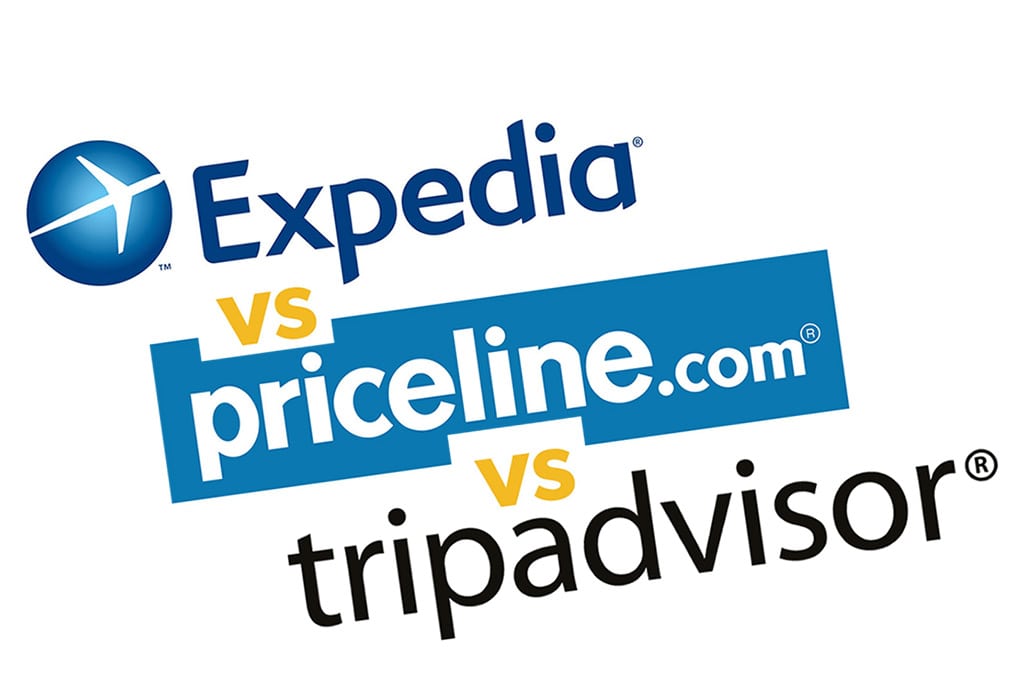Adding Up the Costs of Expedia Vs. Priceline Vs. TripAdvisor

Skift Take
It's all about scale for Expedia. The company can use its expertise to add vacation rentals to heighten conversion, which in turn enables Expedia to spend more on marketing. That's good for vacation rentals and, in theory, for hotels as well as it should generate increased demand.
Expedia wasn't content to finish the year with the trophies of former rivals Orbitz and Travelocity.
After the market closed today the increasingly giant online travel agency announced the acquisition of vacation rental giant HomeAway for $3.9 billion, increasing its acquisitions expenditures this year to north of $5.8 billion.
Along with its long-time rival Priceline Group and its former sister brand TripAdvisor, Expedia Inc. has been in a booking site arms race when it comes to acquisitions in the U.S. and abroad.
In their battle for online supremacy, Expedia and Priceline have opened their wallets and spent collectively more than $11.5 billion over the last two ye

